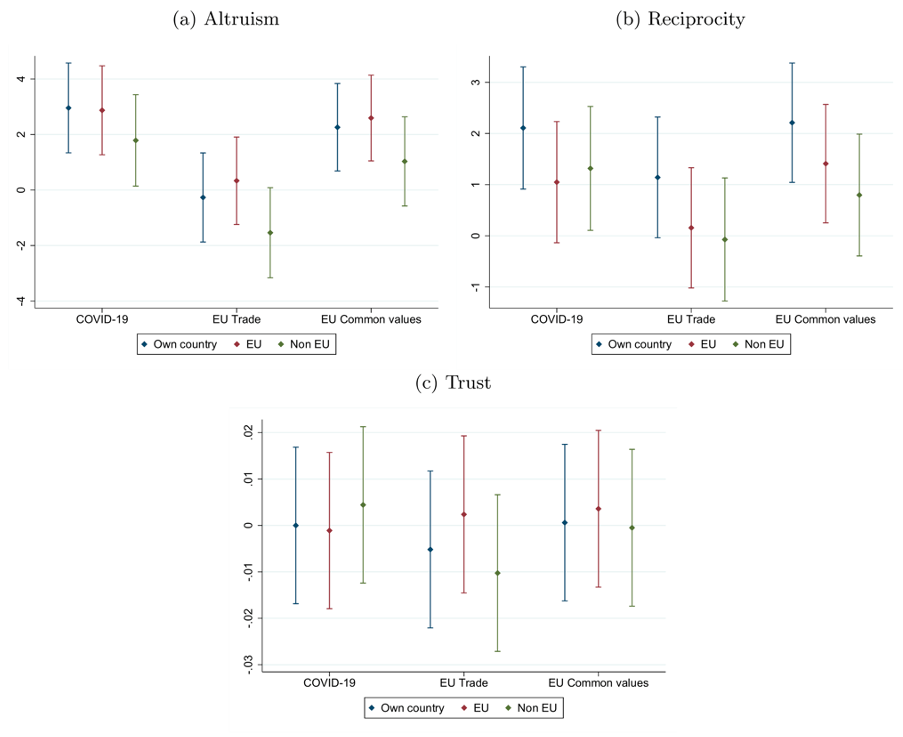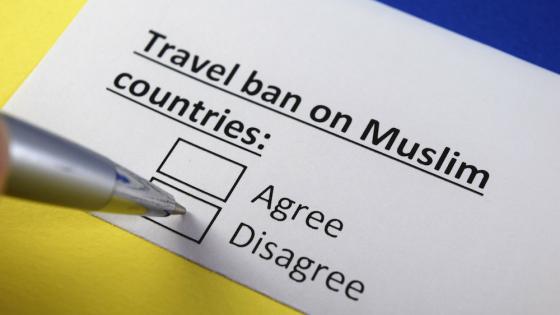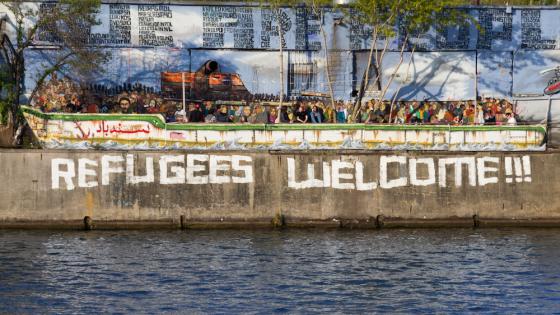The evolution of altruism is one of the most studied phenomena in the natural sciences (Nowak et al. 2010) and social sciences (Bursztyn et al. 2021, Kurzban et al. 2015, Scharf and Smith 2016). One of the key theories to explain altruism in humans involves group competition (Bowles 2006). Importantly, the theory predicts that this competition-driven altruism will be intensified during critical events such as wars, and that it is not directed universally towards all members of the species but is instead ‘parochial’ in nature (Choi and Bowles 2007). This means that altruism is more likely to be triggered if those affected by a catastrophe share elements of a potential donor’s identity.
In our new paper (Aksoy et al. 2021), we causally identify factors that enhance trust, reciprocity, and altruism towards other individuals in society. In particular, we are interested in whether critical periods and a sense of ‘group belonging’ induce people to display other-regarding preferences.
Specifically, we present novel evidence from a large-scale incentivised survey experiment on how trust, reciprocity, and altruism are affected by a major health crisis (COVID-19), common economic interests (EU trade), and shared values (EU ideals). We also study how the effect varies depending on whether these attitudes are directed at individuals from the same country, citizens of other European countries, and non-EU citizens. We conducted the survey in August 2020 in nine European countries where the impact of the pandemic was considerably different: France, Germany, Greece, Hungary, Italy, the Netherlands, Poland, Spain, and Sweden.
Experiment design
Participants were randomly assigned to one of three treatments or a control group. All groups were first asked a question about a social or economic phenomenon and were then given information about it.
- In Treatment 1 (COVID-19), subjects were asked and informed about the impact of the pandemic, in terms of total deaths per million people in their own country relative to the EU as a whole.
- In Treatment 2 (EU trade), participants were asked and informed about their country’s share of exports to other EU countries.
- Treatment 3 (EU values) discussed what share of respondents in the Eurobarometer survey across all EU countries mentioned at least one of the following values as fundamental and highly representative of the European project: peace, democracy, protection of human rights, or equality.
- Finally, participants in the control group were asked and informed about a neutral fact; in this case, the population density of their own country.
After the treatment phase, subjects participated in two standard incentivised games: the ‘dictator game’ and the ‘trust game’. The goal is to assess how the decisions of individuals exposed to the different treatments (COVID-19, EU trade, EU values) – which are still present in their minds – differ from those in the control group.
Main findings
We find that priming the COVID-19 crisis (T1) has a positive effect on both altruism and reciprocity. The effect is sizeable and statistically significant regardless of the country of the other party, though generally larger for compatriots (for reciprocity and altruism) and fellow EU citizens (for altruism) than for non-EU citizens.
Priming European common values (T3) also has a significant impact on both reciprocity and altruism, but only towards respondents of the same country and of other EU countries. Interestingly, the effect on altruism is very similar for compatriots and other EU citizens. These patterns confirm that the values primed in this treatment are perceived as common to EU citizens rather than universal.
Priming EU trade relations (T2) has a limited impact on all three outcomes, and only displays marginally significant effects on reciprocity towards compatriots (positive) and altruism towards non-EU citizens (negative). Finally, we find respondents’ trust in others to be unaffected by any of the treatments, with all coefficients being precisely estimated zeros.
Figure 1 Main findings
Source: Aksoy et al. (2021).
Implications
Our results are consistent with the parochial altruism hypothesis that a crisis or shared identity can enhance altruism, in particular for closer groups. In addition, we show that reciprocity tends to work in a similar way. Interpersonal trust, on the other hand, seems to be a more stable quality, less easily affected by our priming treatments. A shared economic interest does not have a significant impact on altruism or reciprocity, either towards fellow natives or towards other EU or non-EU citizens. This result suggests that economic interests alone do not suffice to build social cohesion and unity.
References
Aksoy, C G, A Cabrales, M Dolls, R Durante and L Windsteiger (2021), “Calamities, Common Interests, Shared Identity: What Shapes Altruism and Reciprocity?”, CEPR Discussion Paper 16186.
Bowles, S (2006), “Group Competition, Reproductive Leveling, and the Evolution of Human Altruism”, Science 314 (5805), 1569–1572.
Bursztyn L, T Chaney, T Hassan and A Rao (2021), “Long-run Contact with Immigrant Groups, Prejudice, and Altruism”, VoxEU.org, 21 March.
Choi, J-K and S Bowles (2007), “The Coevolution of Parochial Altruism and War”, Science 318 (5850): 636–640.
Kurzban, R, M N Burton-Chellew and S A West (2015), “The Evolution of Altruism in Humans”, Annual Review of Psychology 66, 575–599.
Nowak, M A, C E Tarnita and E O Wilson (2010), “The Evolution of Eusociality”, Nature 466 (7310): 1057–1062.
Scharf K and S Smith (2016), “Peer-to-peer Fundraising and ‘Relational Altruism’ in Charitable Giving”, VoxEU.org 16 September.








